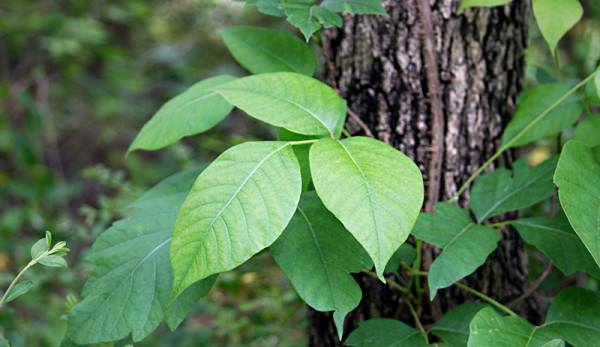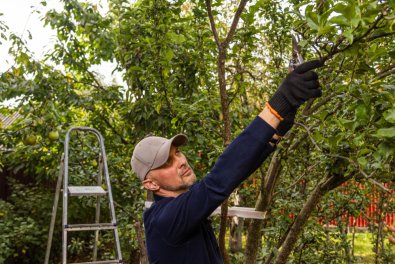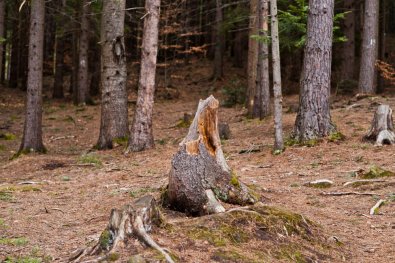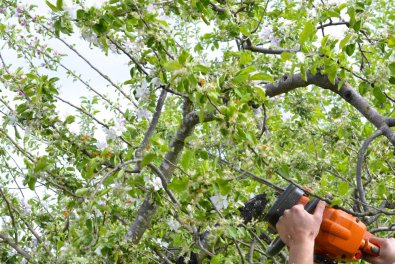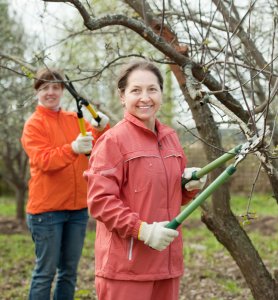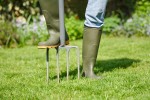What to Do After Touching Poison Ivy?
At Sesmas Tree Service, we have a lot of experience dealing with trees, plants, and ivies. One that a lot of people ask us questions about is poison ivy. We are always happy to answer questions or concerns so we have decided to put an article together to help you understand poison ivy and learn what to do if you touch it. If you have poison ivy in your yard and would like to have it professionally removed, or even cared for, then call Sesmas Tree Service. Our ISA-certified arborist can come by as soon as possible.
What Is Poison Ivy?
Found throughout the continental U.S. apart from some areas in the West Coast, the poison ivy can grow as a vine or small shrub. Each of its leaves has three glossy leaflets that are reddish in the spring, green in summer, and yellow, orange, or red in the fall. They can cause an itchy rash on your skin when you touch it.
What Causes the Poison Ivy Rash?
Poison ivy contains an oil called urushiol oil. A poison ivy rash can occur when this urushiol oil soaks into your skin. You can get a rash if you touch any part of the poison ivy plant, pets or clothes with the oil on them, or a person with the urushiol oil on them. In short, it is the oil that causes the itching and uncomfortable sensation.
Signs and Symptoms of a Poison Ivy Rash
The tell-tale sign of a poison ivy encounter is a red, swollen, and itchy rash that forms within hours or a few days after exposure to the poison ivy. This rash can appear in thick patches or thin lines where the plant leaves rubbed against the skin. They may form blisters that leak clear or yellow liquid, then crust over and become scaly.
What to Do If Exposed to Poison Ivy
If you suspect that you have touched poison ivy, then rinse the area on your skin with cool water right away. Wash it with soap and water, then rinse your skin well. Using hot water may cause the oil to spread! A solution of half rubbing alcohol and half water can also help the rash be less severe.
A poison ivy rash should then be treated with an antiseptic or drying cream to dry out the rash. Steroids can also help decrease itching and inflammation. Finally, antihistamines may also help decrease itching and help you sleep.
Does Poison Ivy Spread? Is It Contagious?
Sort of. The rash is caused by the urushiol oil. So, rashes may spread if you fail to clean your skin of the oil. However, the rashes themselves will not spread unless the oil is on them. This is why you should clean your skin with soap and water as soon as possible. You do not want to spread this sensation anywhere!
Feel free to call Sesmas Tree Service if you have any questions about poison ivy or any type of tree removal services in your area. We are not a medical professional. Be sure to call your physician if you have questions about the effects of poison ivy rash.


